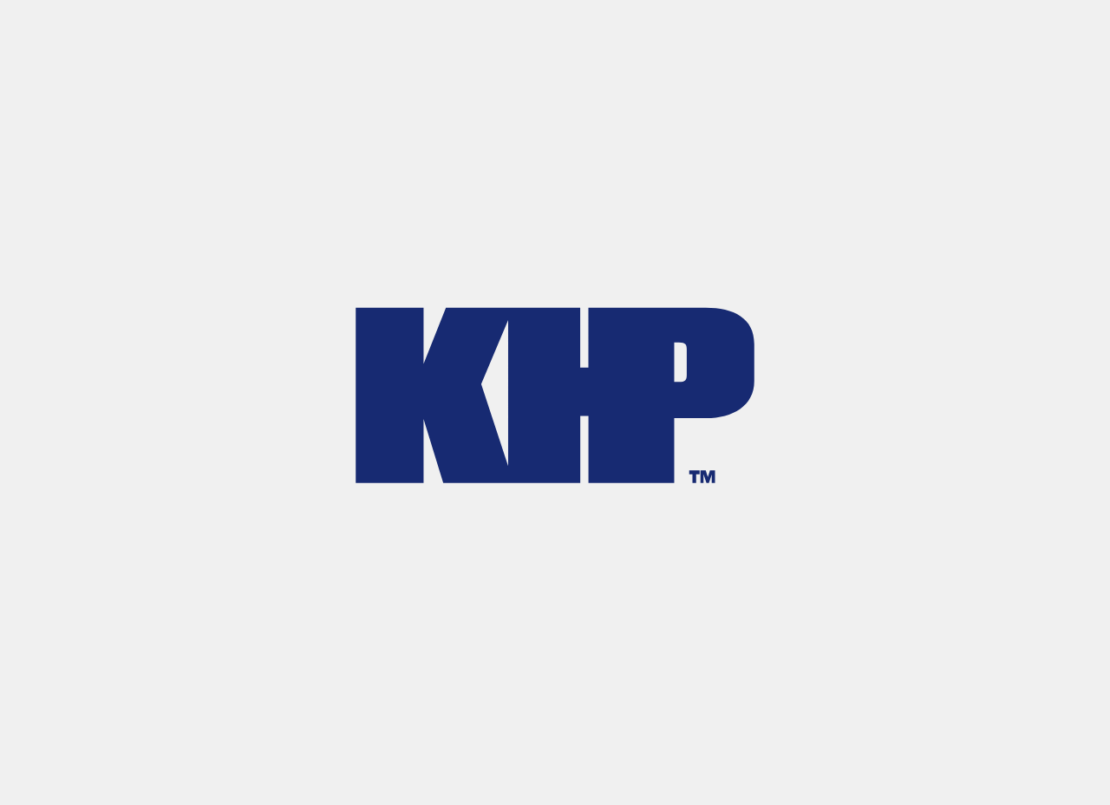Job hunting can be demanding. Here are some tips to help you find a potential position, write a job application and prepare for an interview.
Job hunting can take a while, but it doesn’t have to be intimidating. Here are some good places to start your search:
- Online: job boards live online and allow you to search for available positions by field, salary and location (e.g. Indeed, Workopolis, Craigslist, Kijiji, etc.)
- Employment centres: youth employment centres are places where young people can find help locating a job. They also provide services for resumé building, interview tips and housing/personal finance information.
- Connections: if your friend or family member is familiar with an organization that’s looking for staff, you may consider applying.
Resumés
Although they can be challenging to write, a resumé is required with most job applications. A resumé usually includes a chronological list of your accomplishments such as:
- education
- work experience
- volunteer experience
- qualifications
- special skills
- extracurricular activities
- awards and achievements
You can add specific details about each item on the list and how they’re relevant to the position you’re applying for.
Cover letters
A job application should always be submitted with a cover letter. A cover letter is usually addressed to the hiring manager and includes a description of how you heard about the job, why you’re interested in the position, what you know about the organization and a few specific details about your relevant skills and experience.
Interview tips
Interviews can be both exciting and nerve-racking. During an interview, both you and the employer are able to ask questions to learn more about each other, your compatibility and your qualifications. It’s a good idea to arrive prepared with answers to commonly asked questions such as:
- Why do you want this job?
- What do you like about this organization?
- What three skills do you think this position needs?
- What are your strengths and weaknesses?
- Where do you see yourself in five years?
Remember to get a good night’s sleep, stay away from caffeinated beverages (your adrenaline will be pumping, so extra caffeine may just make you jittery) and eat something light prior to the interview to keep your energy up.
Getting a job after high school
Finding employment right after high school is an option for many people. You can look for full time or part time work in restaurants, retail stores, the trades, administration and more. Visit your school guidance counsellor, or search Resources Around Me, for support with getting a job.













